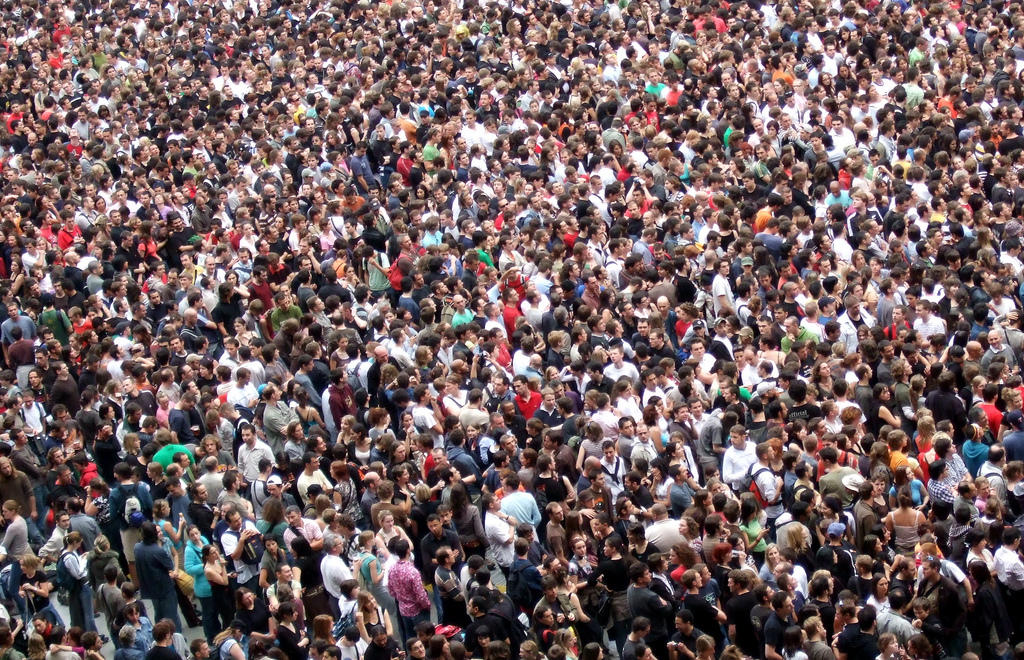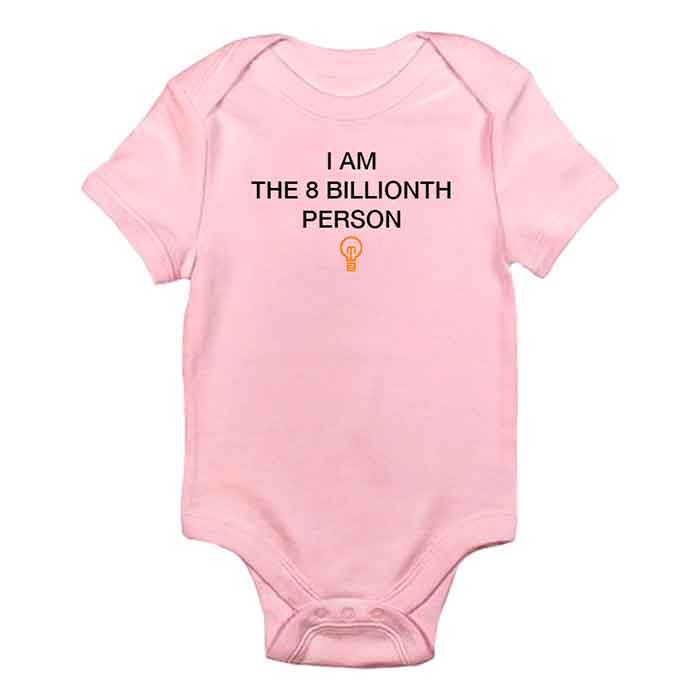
We will soon be 8 billion on Planet Earth.
Is this good news or bad, happy or sad?
Well, the answer is not such a simplistic one, it is more nuanced. We can examine more than one side of various arguments.
Some well-intentioned persons concerned with the present-day inability of very significant numbers of people to even meet their most basic needs say that in such conditions of large-scale deprivation and the related distress, the population of our world should not keep on increasing.
To this others may reply that this is not so much a problem of any inherent inability to meet the basic needs of all people. This is more fundamentally a problem of the enormous inequalities, injustices and the related huge wastages of the present system that so many people are denied their basic needs.
Again a lot of people feel even more strongly that keeping in view the very serious environmental crisis, the earth should not have any further population increase as growing numbers of people increase the environmental burden on the planet.
To this others are likely to reply that it is more a question of proper utilization of the inherent capabilities of all people as all people have the capacity ( if only this can be properly utilized) of contributing more to protecting earth compared to their environmental footprint.
What comes out clearly from these debates is the great importance of reducing inequalities so that the available resources are distributed much more equally to meet basic needs of all people, of minimizing all wastage so that resources are available for priority needs and of increasing the capacity of all people for creative contributions (while at the same time curbing wasteful luxury and misuse of resources). If all this is taken up most sincerely and in addition all armaments and weapons can be reduced drastically, our planet can provide for the basic needs and small joys of 8 billion plus on a sustainable basis while avoiding serious environmental harm. So what we need really at the most basic level is an agenda, a mutually consistent and thoughtful agenda, of justice and equality, peace and disarmament, environment protection and sustainability.
At the same time, it is reasonable to agree that the overall thrust of development and health policies should be to create situations in which most people opt for smaller families rather than larger ones so that sooner rather than later world population can stabilize without any coercion being required for this. Increasing female literacy, better opportunities for education and employment of women, better health facilities and reduction of child mortality are widely believed to be the conditions considered important for moving in this direction. As proper development policies lead to such conditions in more and more societies, there will be better conditions for stabilization of population at present levels. Making available better contraception facilities and improved education for safe sexual behavior will also help. Abortion rights should be well protected, and safe medical conditions for abortion should be easily available.
On the other what should be completed avoided are any curbs on abortion rights. Various forms of coercion for reducing birth rate should also be avoided. Any child who has already arrived in this world should never be treated as unwelcome, she should always feel welcome. It is nicer to have a smaller family, but once a child has arrived beyond the small family norm, she should always be welcome.
We will do well to remember all this a few weeks or months from now when it will be announced that the world population has reached the 8 billion mark. Several commentators will no doubt use this news as a peg for making various doomsday projections for future. It will be important to remind such people then that while a very serious environmental and resources crisis undoubtedly exists in our world, the primary cause of this is not that that there are too many people on our planet, but that there are too many injustices.
The richest and most powerful people as well as their mouthpieces have made it a habit to divert their guilt to others, and as a result there is an entire industry, with partners in academia and media, devoted to blaming the poor for their poverty. It is due to the lies and myths propagated relentlessly by this industry that even development strategies based on increasing inequalities and domination have managed to get propagated as solutions for poverty, while in reality these worsen poverty. The World Population Day ( July 11 ) is a good time to remember and re-emphasize that it is injustices, and not sheer numbers of people, which are the main cause of most poverty and hunger in our troubled world. Solutions must be sought in increasing justice and equality at all levels, including of course gender justice and equality, and this by itself will contribute much to the conditions needed for stabilizing population.
Bharat Dogra is Convener, Campaign to Save Earth Now. His recent books include A Day in 2071, Man over Machine and Planet in Peril.












































